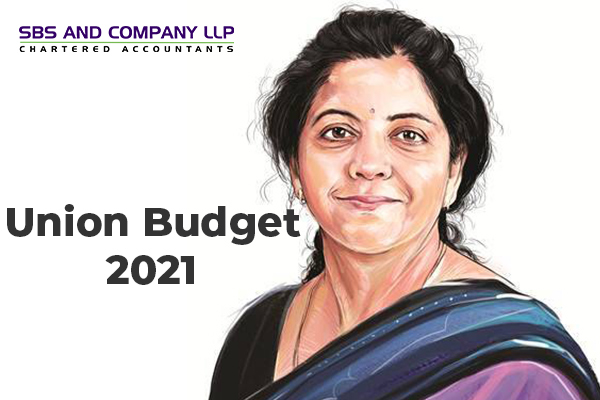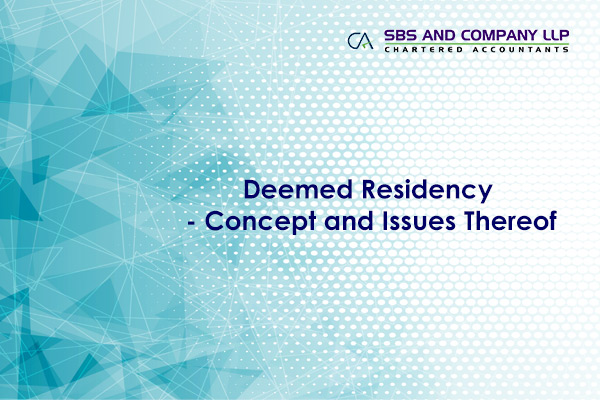In this edition, we bring you an article on e-invoicing, which is made mandatory for business with turnover more than 100 Crores with effective from Jan 2021. The said article covers all the finer aspects pertaining to e-invoicing. The next article deals with the recent announcement by CBIC in relation to GST filings. The QRMP scheme would relieve the small taxpayers from monthly filing of returns since the returns are now being shifted to quarterly basis. The article covers the background, the modus operandi and other compliances in relation to QRMP scheme.
The next article is on the prevention of abusive strategy of thin capitalisation. In order to prevent such abusive strategy, Section 94B has been introduced in the Income Tax Act. However, there is a deficiency of language in the said section, which will create huge litigation issues. Taking such potential litigation issues, we have contemplated to cover such issues in multiple parts. This edition has the first part in the series.
I hope that you will have good time reading this edition and please do share your feedback. I will also urge clients to mail us topics or issues on which you want us to deliberate in our future editions, so that we can contribute to the same.








